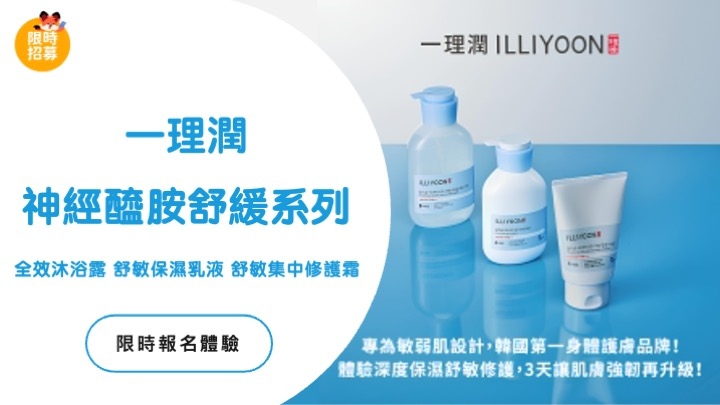Microsoft Thinks AI Will Fill Your Blind Spots, Not Take Over Your Job-微軟認為人工智慧將填補你的盲點,而非接手你的工作
精英翻譯社轉自http://iservice.ltn.com.tw/Service/english/english.php?engno=1121280&day=2017-07-24
◎劉宜庭
At an event in London on July 12, Microsoft announced that it’s bringing together a new team of 100 engineers and researchers under the umbrella of Microsoft Research AI at its headquarters in Redmond, Washington. Speaking at the event, Eric Horvitz, the managing director of Microsoft Research, said that he thinks the initiative will put Microsoft on "the path to understanding the mysteries of human intellect."
7月12日在倫敦的一場發表會中,微軟宣布在位於華盛頓州雷德蒙德總部的「微軟人工智慧研究院」下,組建一個擁有100名工程師和研究人員的新團隊。微軟研究院的董事總經理艾瑞克.霍維茨在發表會中表示,他認為此舉將使微軟走上「理解人類智慧奧祕的道路」。
Ensuring that humans and AI can neatly coexist will be hugely important for business. Right now, you might think of algorithms as simplistic aides, while in the future, it’s often said, they’ll steal away jobs. But there’s a gulf between those realities, and the truth is that humans and machines will labor together for decades to come.
確保人類和人工智慧能夠妥適地共存,對企業來說將非常重要。現在,你可能將演算法視為單純的助手,但人們常說,它們將來會偷走(人類的)工作。不過,這些(說法)和現實之間存在落差,事實是人類和機器將在未來數十年一起工作。
As an example, the team pointed to a project it’s working on that uses machine learning to digest historical medical cases and alert doctors to potential problems that they may have missed when making a diagnosis or discharging a patient. The implication is that AI shouldn’t necessarily take over from humans but, rather, help them do a better a job.
舉例來說,該團隊正在推動一項計畫,讓機器學習消化過去的醫療個案,在醫生進行診斷或讓病患出院時,提醒醫生可能遺漏的潛在性問題。也就是說,人工智慧未必會接手人類(的工作),而是協助他們做得更好。


 留言列表
留言列表



 {{ article.title }}
{{ article.title }}